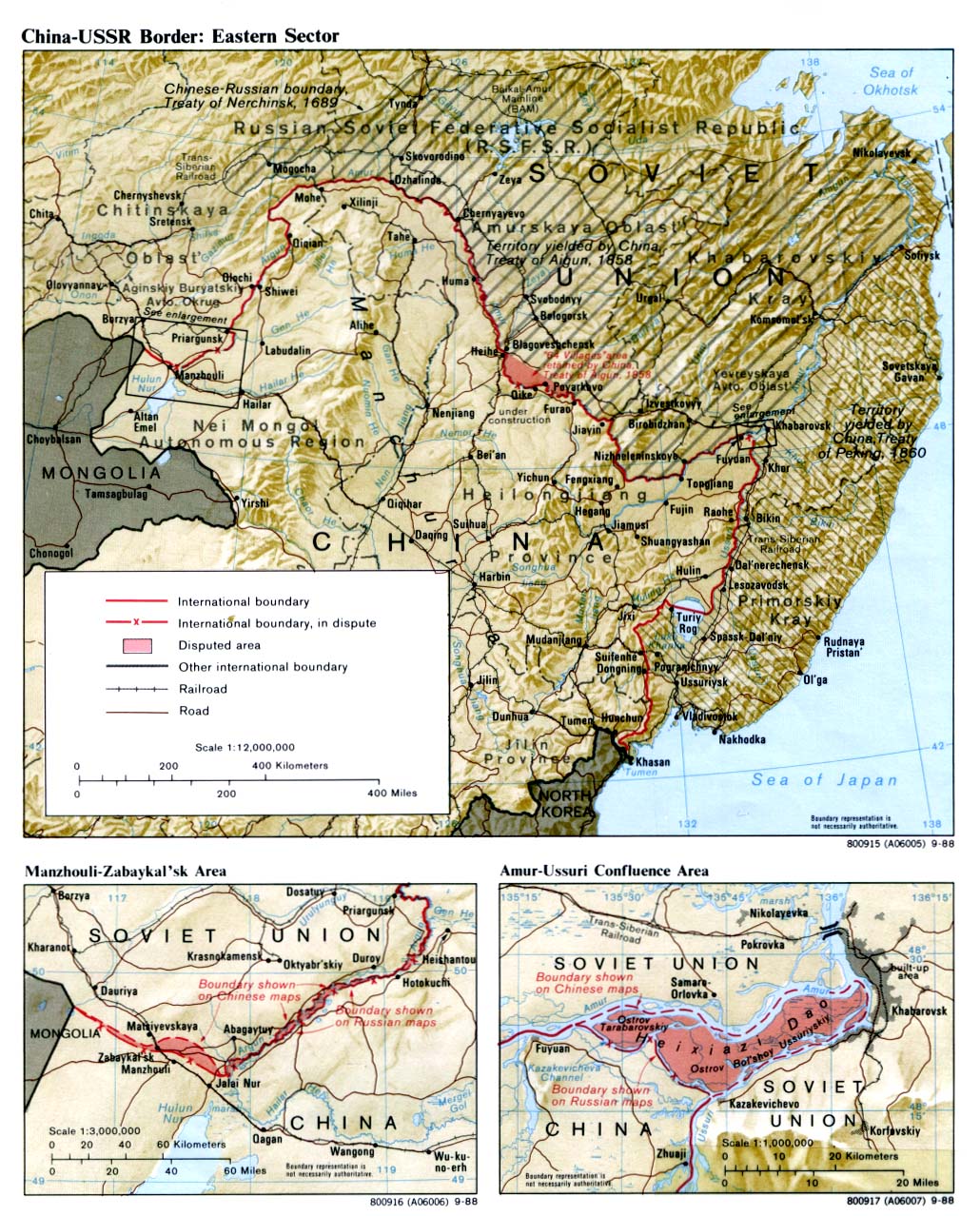One of the main critiques of the political commissar system and the function of the
GPD is that the political commissar interferes with or usurps the duties of the
commander. If this is true, it can be a hindrance in combat, preventing decisive action
and costing lives. Many senior leaders, however, deny that this is the case. Instead, they
argue that the GPD and the political commissar system is a source of inspiration and
esprit d’corps that helps the commander."
...
In the Sino-Indian War of 1962, the PLA showed great acumen in carefully
executing the campaign according to the guidelines formulated by CCP Central Military
Commission: 1) "to beat Indian troops soundly, " and 2) "to wipe out the invading Indian
forces totally and rapidly." During the campaign, the PLA destroyed the fighting strength
and captured personnel of three brigades of the Indian Army (the 7th Brigade, including
its commander Brigadier Dalvi, the 62nd Brigade and the 4th Artillery Brigade). In
addition the PLA seriously mauled five other Indian brigades (the 11th, 48th, 65th, 67th,
and 114th).579 According to PLA records from archives, Indian casualties during the war
were 4,897 killed or wounded and 3,968 captured.580 Indian records differ on this, with
Indian Defense Ministry in 1965 showing 1,383 Indian soldiers were killed, 1,696
missing in action, and 3,968 soldiers captured, and 1,047 wounded.581 In comparison,
PLA casualties in the war were quite small, with 722 Chinese soldiers killed and 1,697
wounded. In addition, no soldier of the PLA was captured during the war, a rarity in the
history of warfare.582 The PLA did all of this damage to the Indian Army with the
equivalent of a reinforced corps (army), deployed and massed at the critical points along
the border.
...
from the examination of the combat decorations given for bravery in the Sino-Indian
War, my sense is that PLA leaders lead from the front. Party membership seems to lead
to leadership behaviors in other situations, and the responsibility that seems to flow from
being part of an elite organization like the communist party appears to makes soldier and
leaders take greater risk. The work of the GPD in promoting unit lineage and history
probably also contributes to the willingness of ordinary soldiers and leaders to take
extraordinary risks. The award data seems to imply that political commissars, directors
and instructors, if one can extrapolate from this case, stay out of the way of the
commander in combat. They are probably of more help than a hindrance. And the
influence of the CCP and its members is positive. If commissars were leading “from the
front” one would expect them to have had a much higher casualty rate and rate of awards
for heroism.

